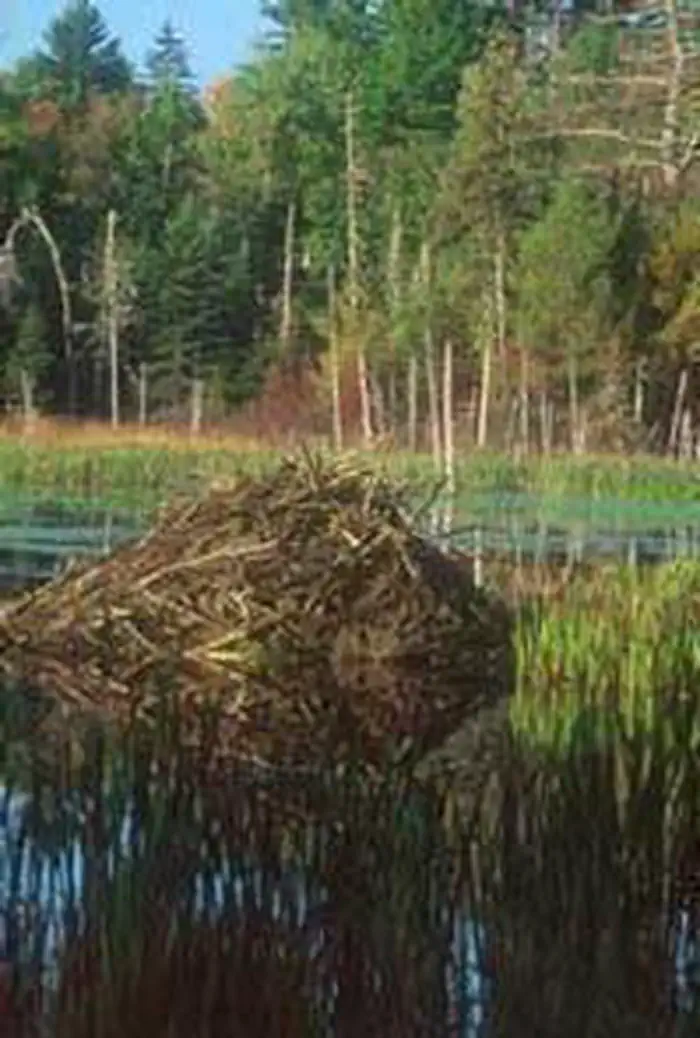Moosehorn Wilderness
Overview
Moosehorn Wilderness is managed by Fish and Wildlife Service and is located near Baileyville, Maine.
The Moosehorn Wilderness now contains a total of 2,712 acres and is managed by the Fish & Wildlife Service's Moosehorn National Wildlife Refuge. All of the Wilderness is in the state of Maine. In 1970 the Moosehorn Wilderness became part of the now over 110 million acre National Wilderness Preservation System.
Every year thousands of migratory birds hitch a ride on the Eastern (Atlantic) Flyway, which spans the skies from Maine to Florida. At the northernmost end of the route, many disembark at 23,000-acre Moosehorn National Wildlife Refuge. Although trees in this region have been significantly logged in the past, today a diverse forest stands here, a woodland of aspen, maple, birch, spruce, and fir with scattered stands of white pine. Once scoured heavily by glaciers, the land of the refuge is primarily low, rolling hills dotted with many lakes, bogs, marshes, streams, and rocky outcroppings. Established in 1937, Moosehorn is the only refuge where people study and manage the American woodcock, a reclusive bird that hides in dense cover of young forests during the day, feeds in clearings at night, and flies an amazing courtship ritual in spring. Bald eagles frequent the refuge, and black bears and white-tailed deer are common. In November, deer hunting is allowed. Despite the name, moose are not as common as you would expect. Ducks, geese, and loons congregate on more than 50 lakes. The Wilderness is divided into two units: Edmunds and Birch Islands, both on the rocky Maine coast. Along the several miles of coast of the Edmunds Unit, 24-foot tidal fluctuations are normal, but only the island portion of the Wilderness is affected. A loop road passes along the boundary of the inland Wilderness, and several old roads give miles of access to the area. Off the old roads, bushwhacking through heavy brush can be a nightmare. See also the separately designated Moosehorn (Baring Unit) Wilderness.
Things to Do at Moosehorn Wilderness
Recreation Activities
Popular activities at Moosehorn Wilderness include:
Nearby Activities
- Wilderness
Plan Your Visit
Getting There
Moosehorn National Wildlife Refuge is located off Route 1 southwest of Calais, ME. It can be reached by taking Route 1 North from coastal Maine, Route 1 South from northern Maine, or Route 9 east from the Bangor area. Watch for the Refuge Office sign along Route 1.
GPS Coordinates: 45.11497500000000, -67.28108200000000
Contact & Resources
Phone: (207) 454-7161
Additional Information:
